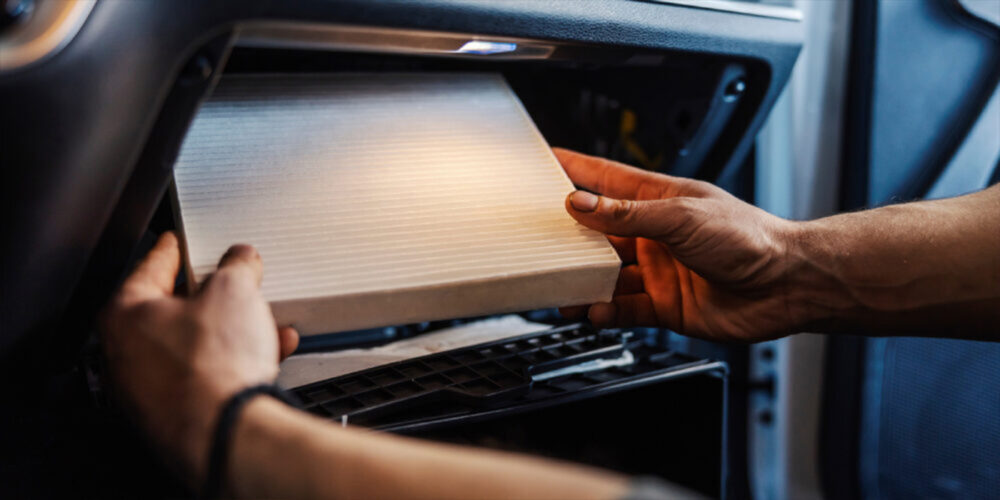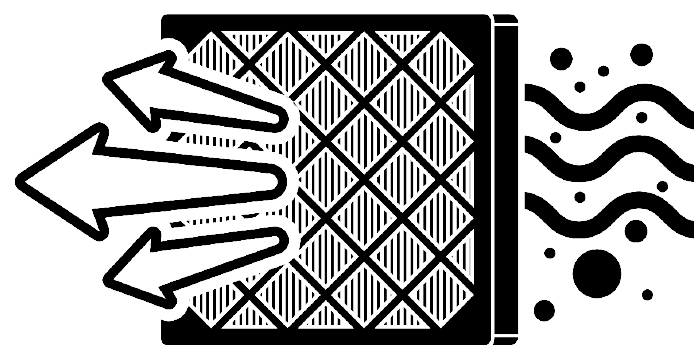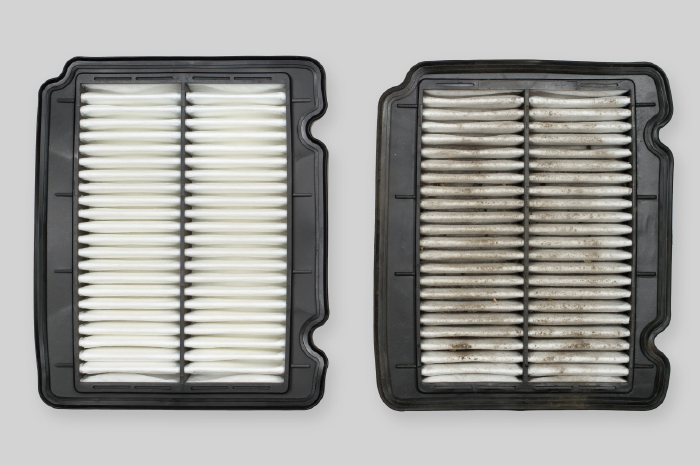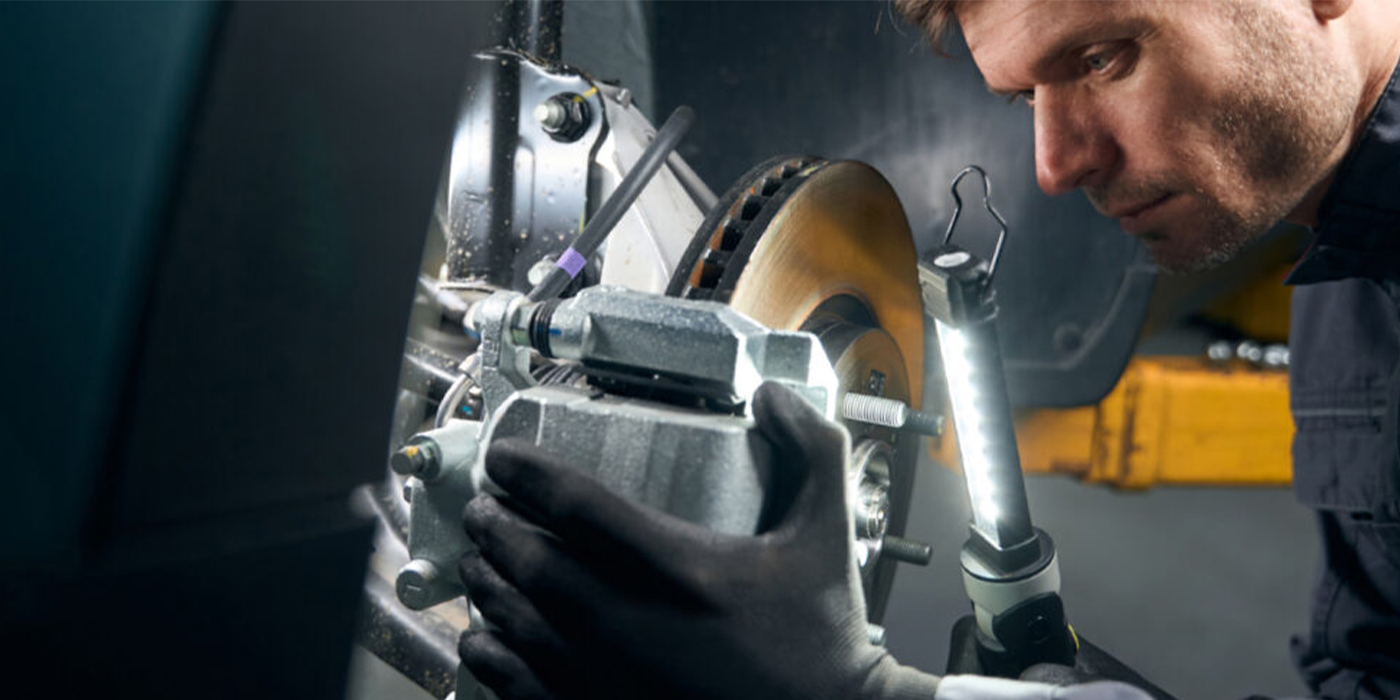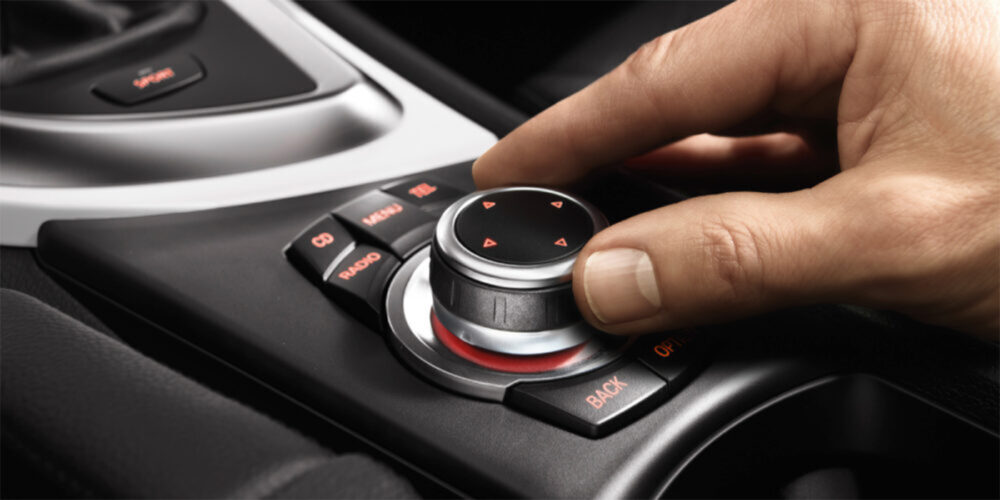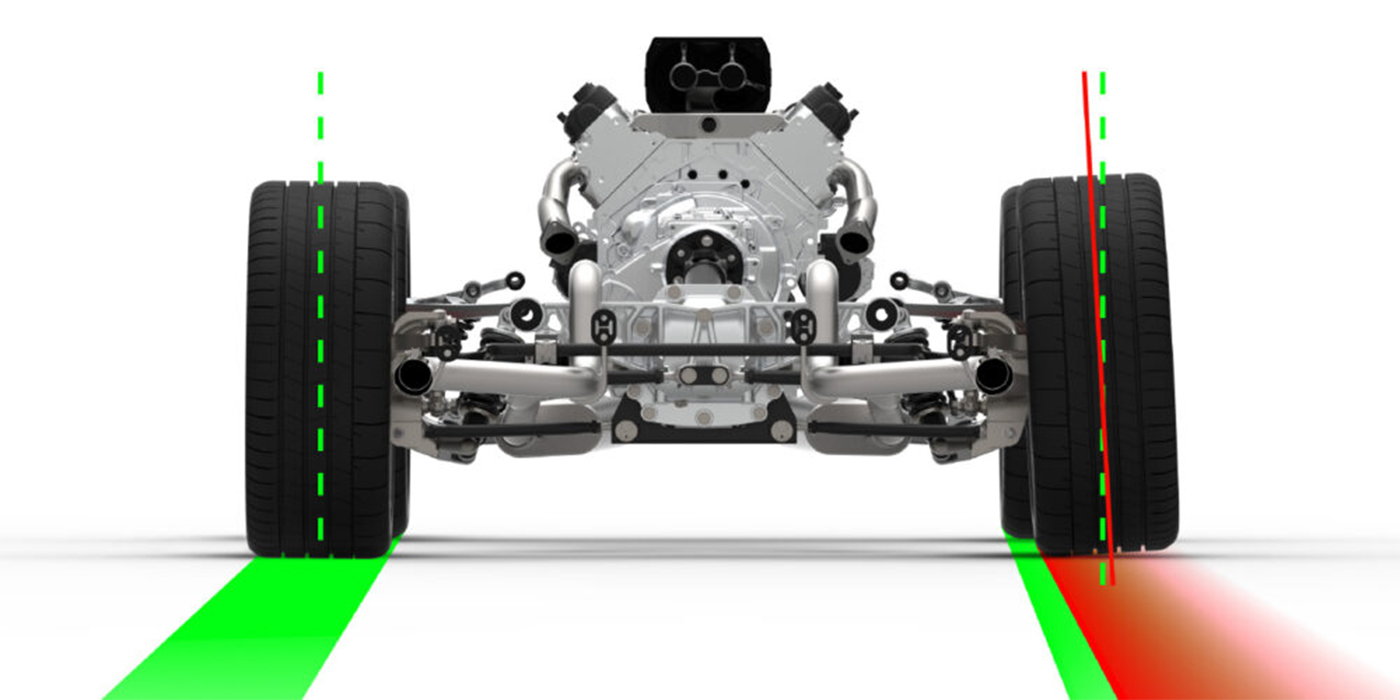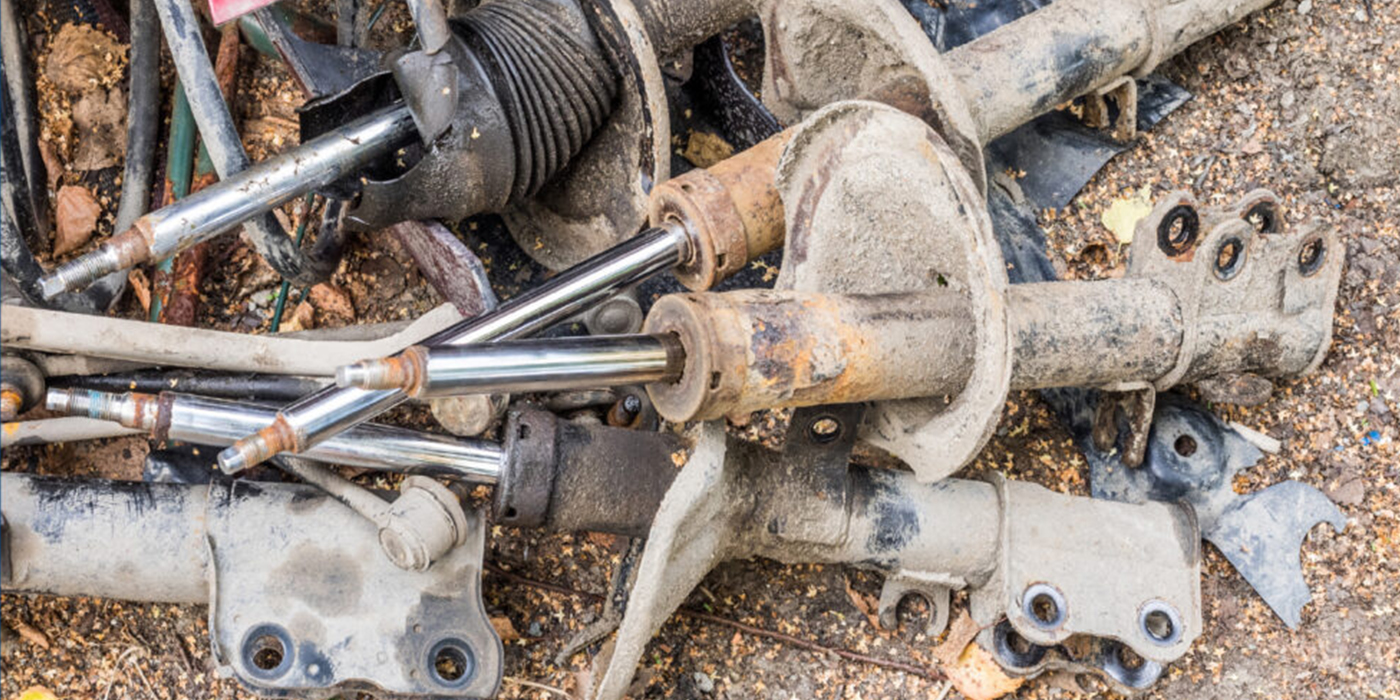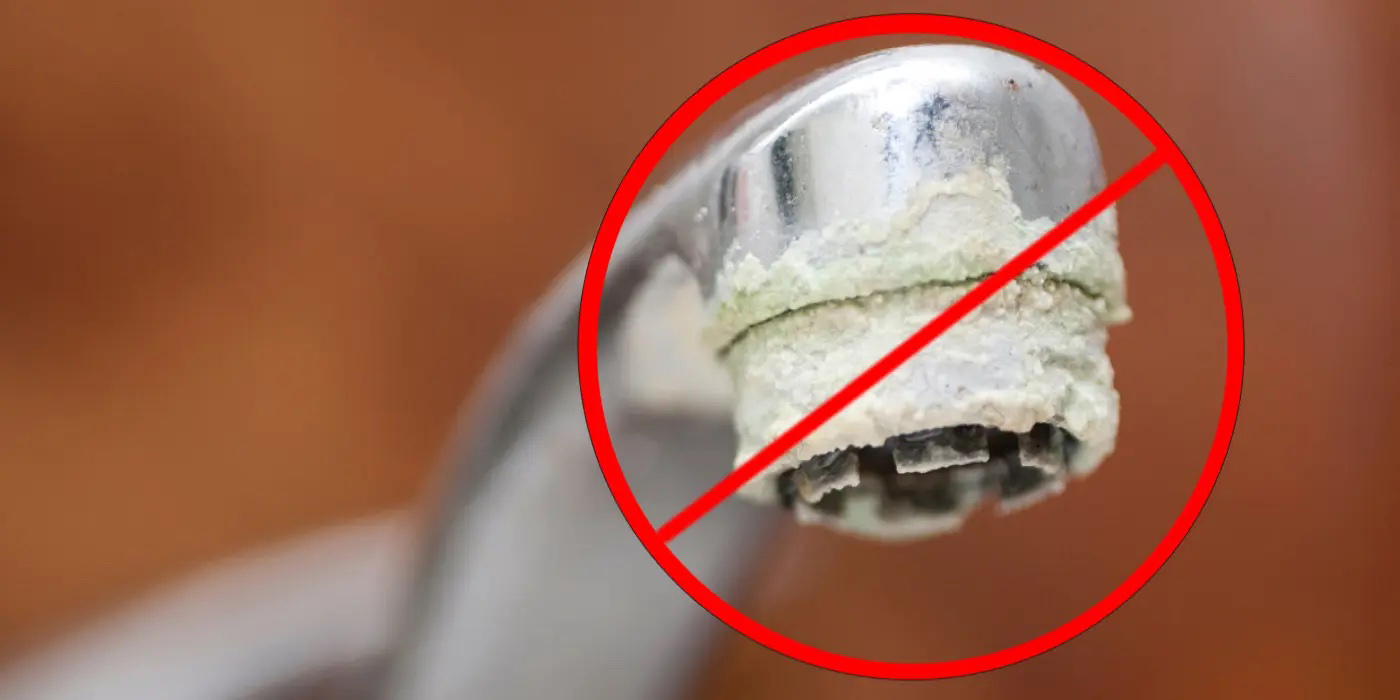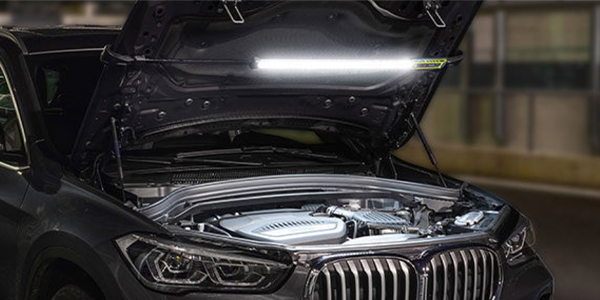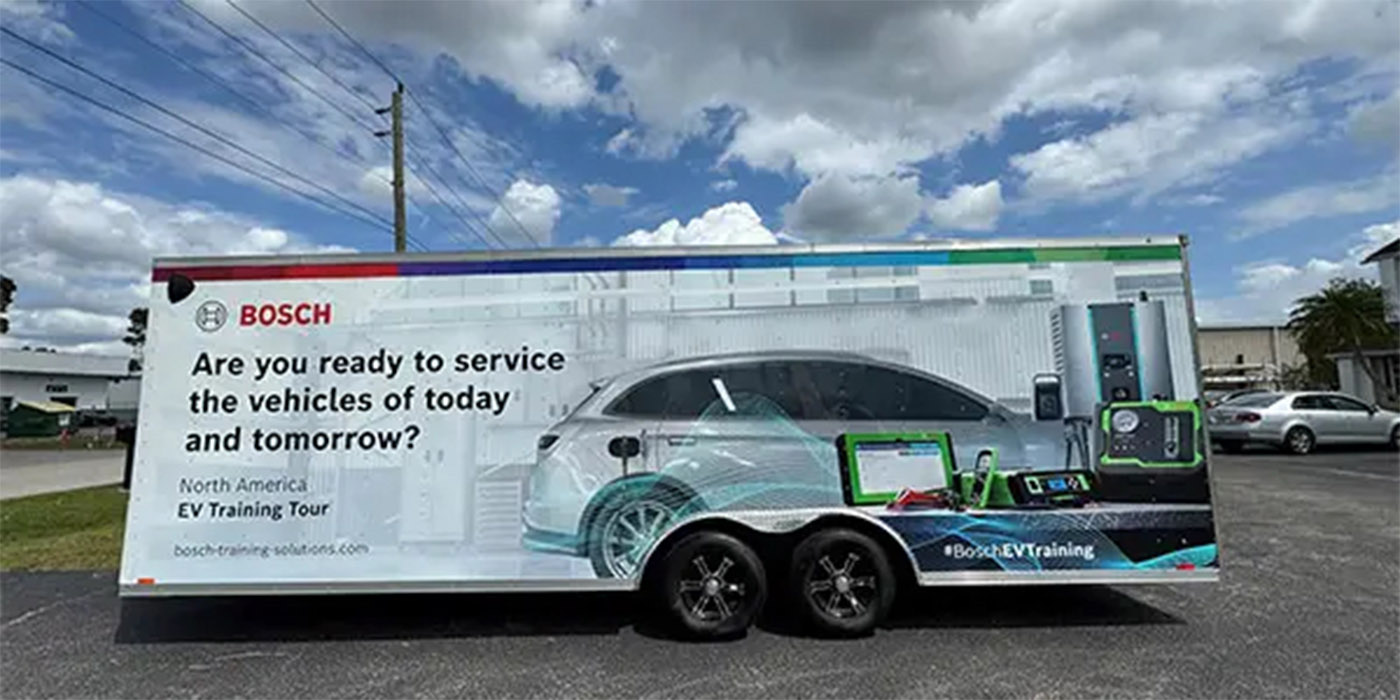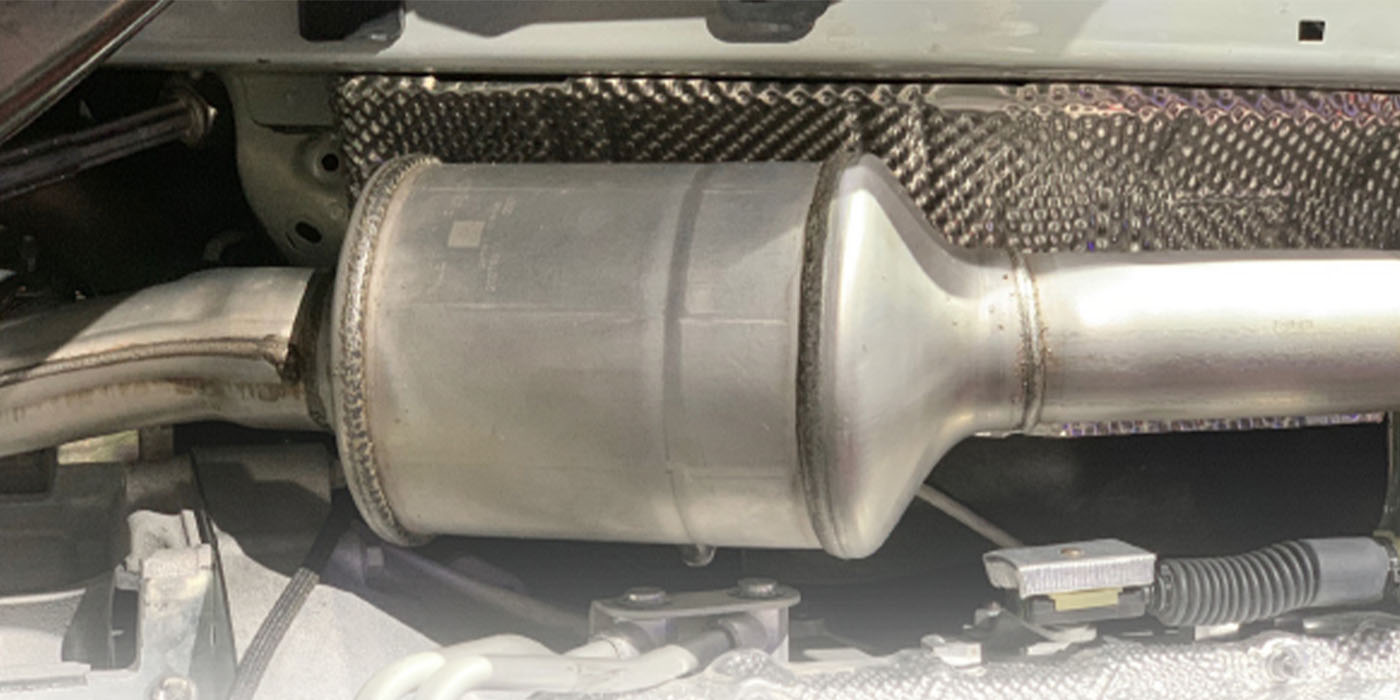When the summer heat set in, your customers found solace in the cool sanctuary of their vehicles, relying on air conditioning systems to provide respite from the scorching temperatures outside. Automotive cabin air filters help ensure their comfort and well-being during the summer A/C season but these often-overlooked components play a crucial role in maintaining clean and fresh air inside a vehicle, during the winter as well, offering benefits that go beyond mere temperature control.
Automotive cabin air filters are designed to filter the air that enters the interior of the vehicle through the HVAC system. Their primary function is to trap and eliminate harmful particles such as dust, pollen, allergens, mold spores, bacteria, and even odors from the outside air. They not only improve the air quality within the cabin but also protect the health and well-being of both the driver and passengers.
During the summer months, when pollen and other allergens are at their peak, cabin air filters play a vital role in reducing the allergenic load inside the vehicle. By trapping these microscopic irritants, the filters prevent them from entering the cabin and triggering allergic reactions, making your customers’ drive more enjoyable and comfortable, especially for those with allergies or respiratory conditions.
In addition to allergens, automotive cabin air filters also prevent larger particles, such as dust and debris, from entering the cabin. This not only keeps the interior cleaner, but also helps maintain the efficiency of a vehicle’s HVAC system. A clean air filter ensures that the air conditioning system functions optimally, providing consistent airflow and cooling performance, even during the hottest summer days.
Cabin air filters help remove particulates in the exhaust that can aggravate lung diseases, such as asthma and bronchitis. Some cabin air filters can even stop particulates that are as small as 1 micron in diameter.
In addition, cabin air filters act as a barrier against odors. With an effective filter in place, one can breathe in fresh, odor-free air, enhancing the overall driving experience and minimizing any unpleasant smells that might infiltrate the cabin.
To maintain the performance and effectiveness of a cabin air filter, it is important to adhere to the manufacturer’s recommendations regarding filter replacement. Generally, cabin air filters should be replaced every 12,000 to 15,000 miles, or at least once a year, depending on driving conditions. However, if your customers frequently drive in areas with high pollution, dusty roads, or encounter heavy traffic, more frequent replacements might be necessary.
There are two kinds of cabin filters available for modern vehicles – particulate and activated-charcoal cabin filters. Particulate types filter out pollutants and irritants. Some filters are electrostatically charged, similar to how many household HVAC filters work, ensuring that particles stay attached to the filter. Activated-charcoal cabin filters absorb most toxic and foul-smelling gases, such as nitrogen oxide, sulfur dioxide and hydrocarbons, by incorporating filter media that is impregnated with charcoal.
Fortunately, cabin air filter replacement is a relatively simple and affordable maintenance task that can be performed by most vehicle owners or a trusted mechanic. Many cabin air filters are easily accessible and can be replaced without any specialized tools. However, for certain vehicle models, the process might require professional assistance or involve additional steps.
Any time of year, don’t overlook the importance of the cabin air filter in your customers’ vehicles. Investing in regular maintenance and replacement of this essential component not only ensures that your passengers breathe clean, fresh air, but it also enhances the performance and longevity of the HVAC system.

